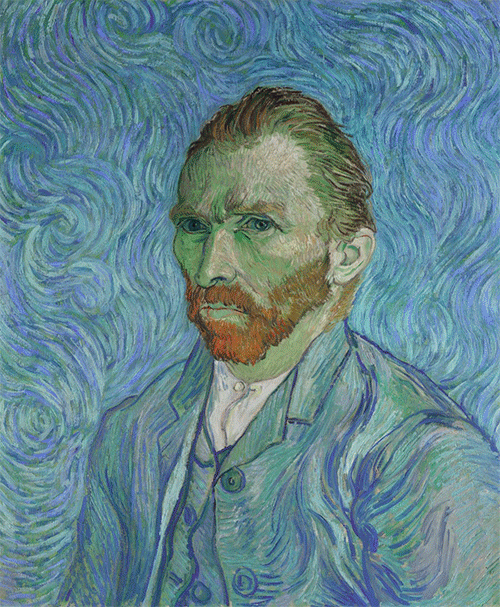Explanations
In psychoanalisys one should avoid to
give explanations. Either they are accepted or rejected (which is different
than saying they are "correct" or "wrong") most likely they
will only produce more resistance. Explanations operate at the level of the Ego.
To "explain" comes from
"to make plain, to level, flatten". Indeed, full explanations (if
anything like this exist) clear the question, flatten any doubts, speculations
or curiosity. Consequence of a good explanation is that "there is nothing
more to say". Conversely, the psychoanalytic experience shows that
important is to continue speaking, telling, questioning, coming to new
associations.
Imaginary
Imaginary is not where neurosis begins. Impossible
the life without fantasy. Neurosis is the fixation of some specific
fantasy
Anorexic-bulimic
Anorexic wants one thing:
nothing. It is different from not wanting anything.
Bulimics eat anything, only
to see that nothing is valuable. Nothing makes the difference
Why me?
Some say "Why me?" Is a
typical jewish question. Asking "why me" has to do not just with
one's own representation (e.g. the elected people; the culprit; etc) but most
importantly with whom lies in the place of the Other. Often times this is a
God, meaning it is to a God this question is frequently addressed to
Christ was the first to ask "Why
(have you abandoned) me?". Then, this question has a different nuance and
different relevance for Jewish and for Christians.
In the Old Testament, the story of Job
beautifully presents some elements of the depressive discourse. To begin with,
the search for meaning
Knowledge
It is a common experience that academic
learning kills curiosity and creativity. The huge amount of information one has
to study rarely provide new clues or ideas or bring to formulate further
questions; after studying one easily feels full of knowledge but emptied of
creative thinking and unable to make use of that knowledge. Instead,
psychoanalysis proceeds by way of association, by combinatorial logic, by following
the ambiguity of the signifier; it does not operate by way of explanation or
clarification, but still there are effects of understanding. And this brings to
new associations, new thoughts, new ideas, new questions.
Gaining knowledge is not what support
or enhance the desire and rarely produce a
change in psychoanalysis
Psychoanalysis
Psychoanalysis is not about factual (or
philosophical, or logical) truth. Nevertheless, it is about truth.
How does psychoanalysis work? This
question can be approached in many ways. For example, we can say that
psychoanalysis works by changing linkers (e.g. whereas, therefore, despite) and
connectors (e.g. although, but, because) among sentences
Contrary to psychology and
psychotherapy, in psychoanalysis no academic certificates/titles can guarantee
the goodness of our practice
Psychoanalysis is not a religion and
does not require to be a "believer". Quite on the contrary, an
analysis proceeds from uncertainties
* I first presented these few considerations on my Facebook/Twitter pages. You are invited to follow me (Diego Busiol)


























